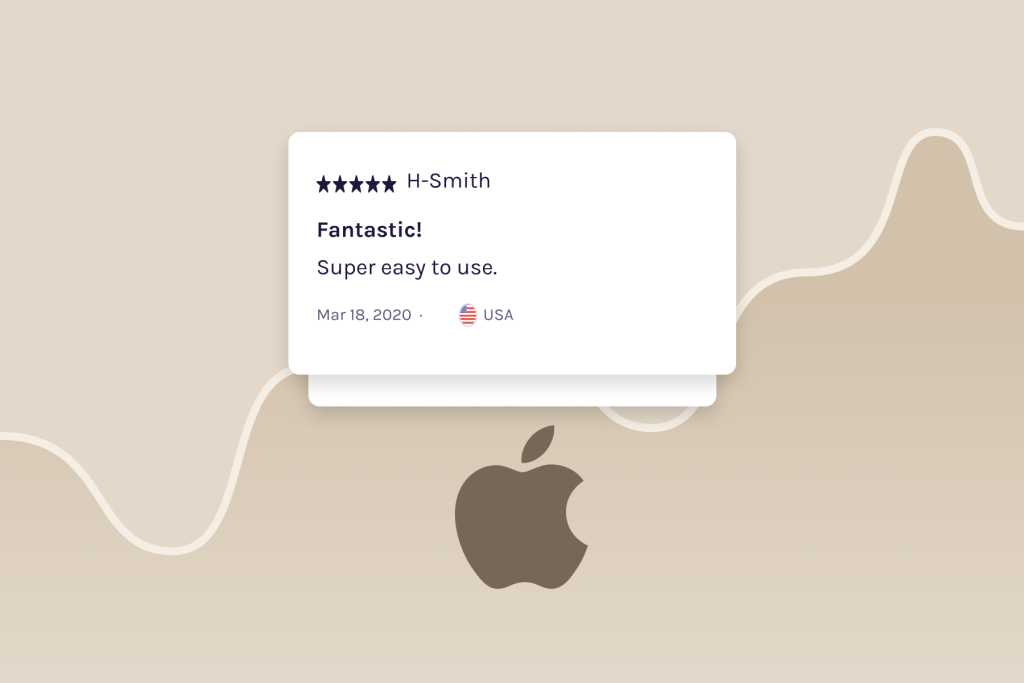The expertise in precise analytics According to the app development and research team Mysk, Apple information on what you do in the App Store may be linked to your Apple account.
Mysk claims in a Twitter thread that Apple sends what is commonly known as a “Listing Services Identification” along with its App Store analytics data and claims that the identifier may be linked to your iCloud account, linking your name, email address, and other information.
Rolling News Out
The discussion also mentions that Apple sends your DSID in other apps and that the information is still sent even if system analytics is disabled in settings.
Mysk writes in the thread’s final tweet: “You just need to be aware of three things: 1. The App Retailer offers Apple comprehensive analytics about you. 2. There is no way to stop it. 3- Your knowledge of analytics is directly related to you.
The Verge asked Apple whether it was actually tying personal information to this type of analytics data, but Apple did not immediately respond.
Let’s look at what its own privacy regulations have to say about the topic. Warning: It may be stunning, but it’s not necessarily damning (no less than when it comes to Apple breaking its personal guidelines).
What’s New?
A sentence that reads, “Not one of the collected info identifies you personally,” is in Apple’s device analytics and privacy paper, which Mysk references in its thread.
Private information is either not logged at all, is subject to privacy-preserving techniques like differential privacy, or is removed from any experiences before they are sent to Apple. There are a few things worth noting about this.
The first is that Apple does note later in the document that it “might correlate some usage information about Apple apps” across devices that are linked into the same iCloud account, but that it does so in a way that won’t help the company identify you.
Sneak Peak
But more significantly, Apple has its own set of guidelines for how it tracks you in the App Store (and in Apple News and Stocks, the place it additionally reveals advertisements).
Apple openly confesses in the document that it is watching you personally. I would advise trying it all out, but the first section alone demonstrates how this is a significantly different approach from the system analytics approach.
Perhaps the most pertinent line is as follows (my emphasis): “To find ways to improve the stores, we use information about your searching, purchases, searches, and downloads. When you sign in to the App Store or other Apple online stores, these data are saved along with your IP address, a randomly generated unique identifier (where applicable), and your Apple ID.
What’s More?
Apple also provides some examples of the types of information it is gathering, including: “while you open or shut the App Store, what content you seek for, the content you view and obtain, and your interactions with App Store push notifications as well as me.”
The policy also discloses the slightly concerning amount of private information and data that Apple gathers for its app recommendations and advertisements, but it’s important to note that there are controls for these that let you turn off or restrict information collection.
The “Enhancing the Shops” section makes no mention of any options that may allow you to prevent Apple from accessing that data, so it appears that’s not the case for the App Store improvement analytics.
Digging Into More Details
Customers could naturally believe that stopping system analytics while they’re configuring their phones would stop this kind of information gathering. Who can blame them? Apple frequently brags about its privacy prowess, and turning off that option is designed to prevent Apple from learning “about how you employ your devices and functions.”
However, what it omits is that functions themselves are capable of performing a variety of monitoring outside of that system, which is why practically all of Apple’s apps have their own privacy policies (which you implicitly conform to through their use of them).
Apple will face a lot of scrutiny about its privacy policies, as is only right given that it created a billboard with the slogan “What happens in your iPhone, stays in your iPhone” and frequently boasts about how much it values privacy.
Concluding Notes
However, that scrutiny has increased as a result of Apple’s very public crackdown on how other very effective advertising agencies can gather user data on its platforms and because it appears prepared to make advertising a far larger part of its business. While what Mysk discovered doesn’t seem to directly violate Apple’s policies (disclaimer: I’m not a lawyer and do not have access to the full set of information Mysk captured), I do believe that many of its users may be shocked at how much monitoring it is doing, given how much effort the company expends to promote itself as an organization that is all about privacy.

